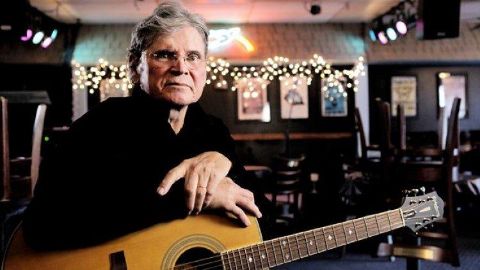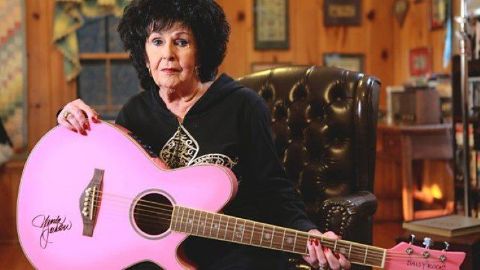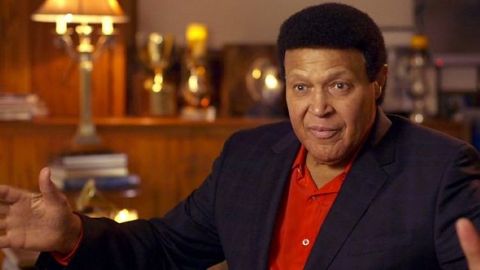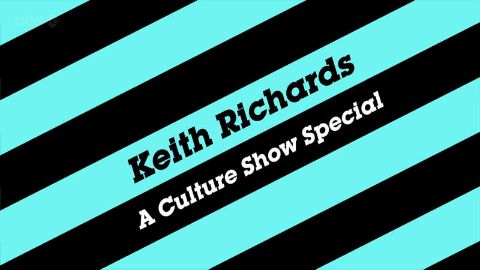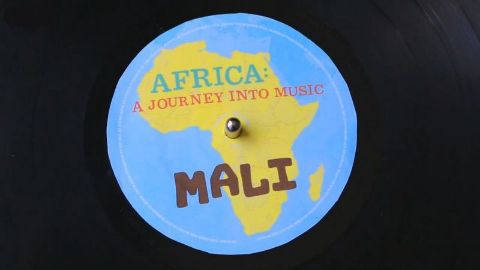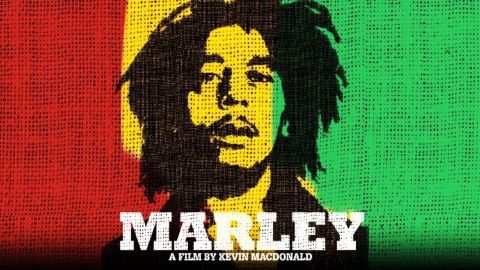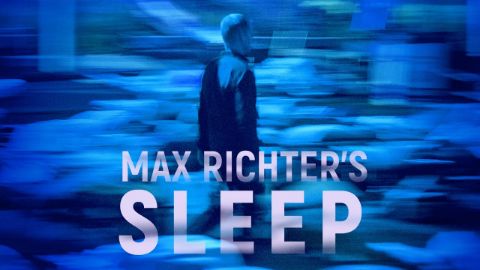Be My Baby • 2015 • episode "S1E3" • Rock and Roll America
The series concludes with Be My Baby, which reflects on the evolution of rock 'n' roll music and its impact in America, including Buddy Holly's tragic death in a plane crash in 1959 at the age of 22, the game-changing arrival of The Beatles in America in 1964, and everything in between. Philadelphia produced 'teen idols' like Fabian who were beamed around the country by the daily TV show Bandstand. Rock 'n' roll even fuelled the Motown sound in Detroit and soundtracked the sunshiny west coast dream from guitar instrumental groups like The Ventures to LA's emerging Beach Boys. In the early 60s, rock 'n' roll was birthing increasingly polished pop sounds across the States, but American teens seemed to have settled back into sensible young adulthood. Enter the long-haired boys from Liverpool, Newcastle and London.
Make a donation
Buy a brother a hot coffee? Or a cold beer?
Hope you're finding these documentaries fascinating and eye-opening. It's just me, working hard behind the scenes to bring you this enriching content.
Running and maintaining a website like this takes time and resources. That's why I'm reaching out to you. If you appreciate what I do and would like to support my efforts, would you consider "buying me a coffee"?
Donation addresses
BTC: bc1q8ldskxh4x9qnddhcrgcun8rtvddeldm2a07r2v
ETH: 0x5CCAAA1afc5c5D814129d99277dDb5A979672116
With your donation through , you can show your appreciation and help me keep this project going. Every contribution, no matter how small, makes a significant impact. It goes directly towards covering server costs.
